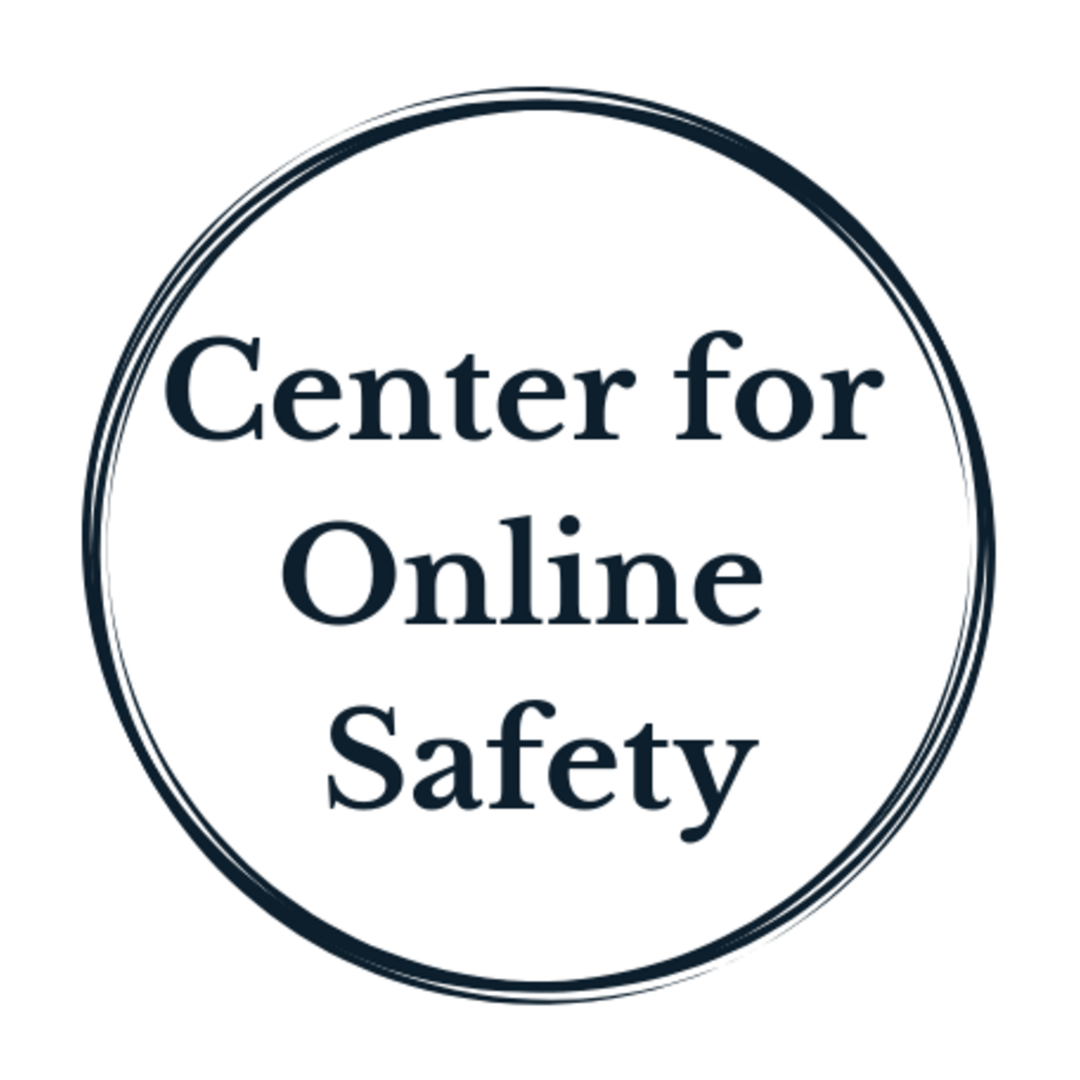Don’t Get Medical Advice from Social Media!
We used to ask google for medical advice. Now we’re turning to social media apps like TikTok and so are our kids!
Especially for kids, searching TikTok for medical advice is problematic.
This is what you can talk with kids about:
There’s no way to “vet” the advice or the accounts giving advice. You don’t know if they’re telling the truth or are medical experts.
Many times, when you search for a medical diagnosis online you’re going to get extreme results. For example, let’s say you have a headache. There are many possibly explanations: You might have a plain old headache from being dehydrated and a glass of water could help. Or your might have a brain tumor and need surgery. Social media will send you the scarier, more extreme diagnoses.
Once you start searching online, the search engine or social media platform will see that you’re interested in that topic. So, it will suggest and deliver MORE of that content. It’s easy to fall into a rabbit hold of extreme diagnoses and start to believe that’s what you have.
It’s normal to be curious about symptoms you’re experiencing. When you’re worried about a symptom or medical issue, let me know so I can help you find reputable sources of information and/or schedule a doctor’s appointment for you.
Below is a news segment from KOAT News in New Mexico about the dangers of trusting social media for medical advice.
Medical Advice from TikTok - What’s Happening?
Director, Lisa Honold, spoke on KOAT’s morning news about the growing concerns surrounding giving and receiving medical advice on the popular social media app, TikTok.
Many TikTok users are sharing their medical conditions, as well as the symptoms accompanying their condition, and encouraging others to self-diagnose.
Lisa cautions that while the advice may sound correct, anyone can put medical advice on the internet without being a medical expert. It’s important to talk to your healthcare provider before believing a diagnosis from an online source.
Parents should remind their children that it’s normal to feel “off” or to have bad days sometimes. Having a bad day doesn’t necessarily mean that they have a mental illness.
It’s easy to only see “perfect days” on social media and start to assume that’s normal and that it’s your life that is messed up.
As always, you should address any concerns with your doctor, who is a trained medical professional.
